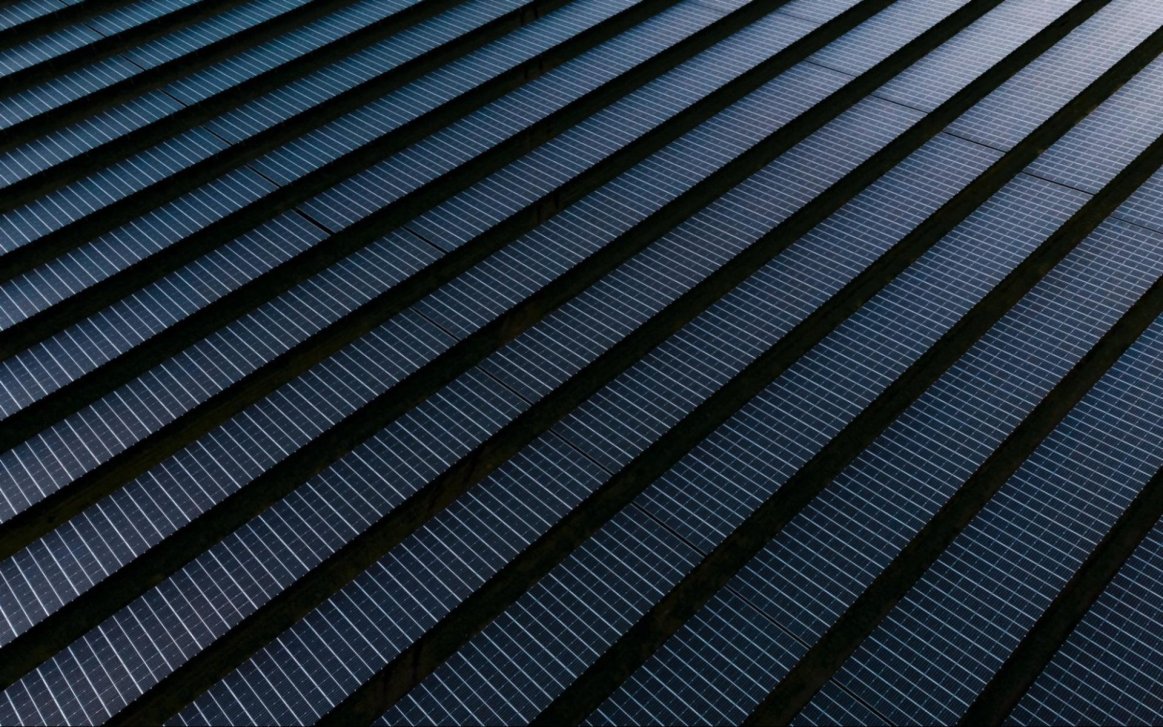
This two-part article series dives deep into the question of how the United States can implement recycling systems in the future. Part one can be found here. This piece further addresses how policy impacts solar recycling infrastructure development, reasons for recovering specific materials over others, and what we can learn from other countries with mature solar recovery markets. For further reading, Greentech Renewables has published several articles on solar recycling, from Can Solar Panels Be Recycled? to The State of the Solar Panel Lifecycle.
NOTE: Greentech Renewables does not offer recycling services. This article serves to inform audiences about the state of development within the solar recycling industry.
The discussion of reuse, repair, and refurbishment in the solar supply chain has been accelerating for years. As we’ve stated in past articles, extending solar modules’ life cycles and supporting repair or buyback programs should be prioritized in the next decade to prepare for the increasing influx of renewable technology deployment. The National Renewable Energy Laboratory reports that the US still has a long way to go in terms of efficient PV material recovery. Their 2021 report cited a lack of “clear understanding of the permitting requirements or liabilities associated with handling, transporting, storing, accumulating, treating, or recycling PV modules.” Despite current barriers, recycling is a critical consideration in the sustainable sourcing of rare metals integral to photovoltaic systems.
By 2050, the World Bank predicts that the US will have decommissioned an estimated 60 million tons of solar panels. Within 30 years, graphite, lithium, and cobalt sourcing will face demand pressure by at least 450% up from 2018 to meet global greenhouse gas (GHG) emission reduction goals. Solar PV technology will account for 87% of increases in aluminum demand and, combined with wind, 74.5% of all copper demand. Furthermore, recent White House GHG targets have set the most ambitious clean energy goals ever passed on a federal scale, including resources to increase solar installations, domestic sourcing incentives, and creating more local jobs.
The following information reviews several countries with developed PV and recycling infrastructures to inform on recycling best practices and suggestions for future US adoption.
Belgium
Nestled in Northwestern Europe, Belgium is about the size of Massachusetts and hosts the EU headquarters in Brussels. The EU’s WEEE Directive, which has spearheaded much of the policy around photovoltaic waste, influences national, regional, and local plans across the European continent. The directive requires, by law, that 85% of materials from PV modules are collected and that 80% are recycled. SolarCycle is a PV recycling project based in central Belgium, enabling access to a vast regional network of installers, recycling plants, and collection facilities to meet EU recycling obligations and increase material recovery rates.
SolarCycle began with a coalition of organizations and research groups that received funding from a regional economic development plan to utilize existing infrastructure and research systems to launch a solar panel recycling company. The project utilizes infrastructure among its several founding partners, including RECMA.
The recycling process begins with end-of-life modules being delivered to RECMA’s facilities for dismantling. Modules arrive from many different sites across northwestern Europe. Most deliveries to the SolarCycle center are from industrial projects rather than small-scale residential projects. One delivery can contain modules from multiple larger projects with panels of varied brands or materials. Some modules may also be deemed undesirable in the market due to storm or transportation damage, recalls, old age, or a lack of competitive edge. RECMA oversees the initial crushing process in which workers use large machinery specifically designed to safely separate aluminum framing and glass from the back sheet. After this initial step, the aluminum frames, broken glass, and back sheets are transported to a secondary processing site.
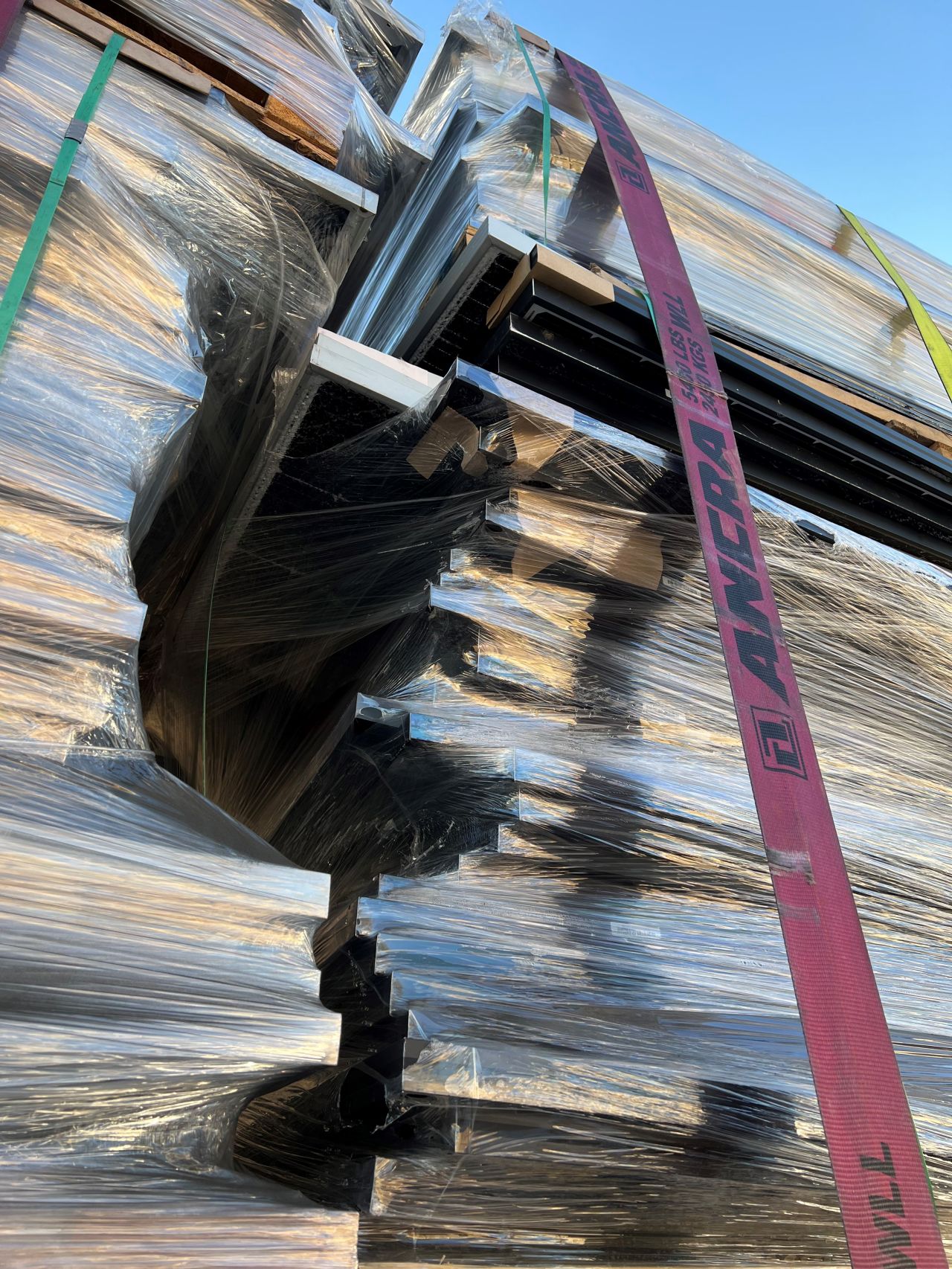
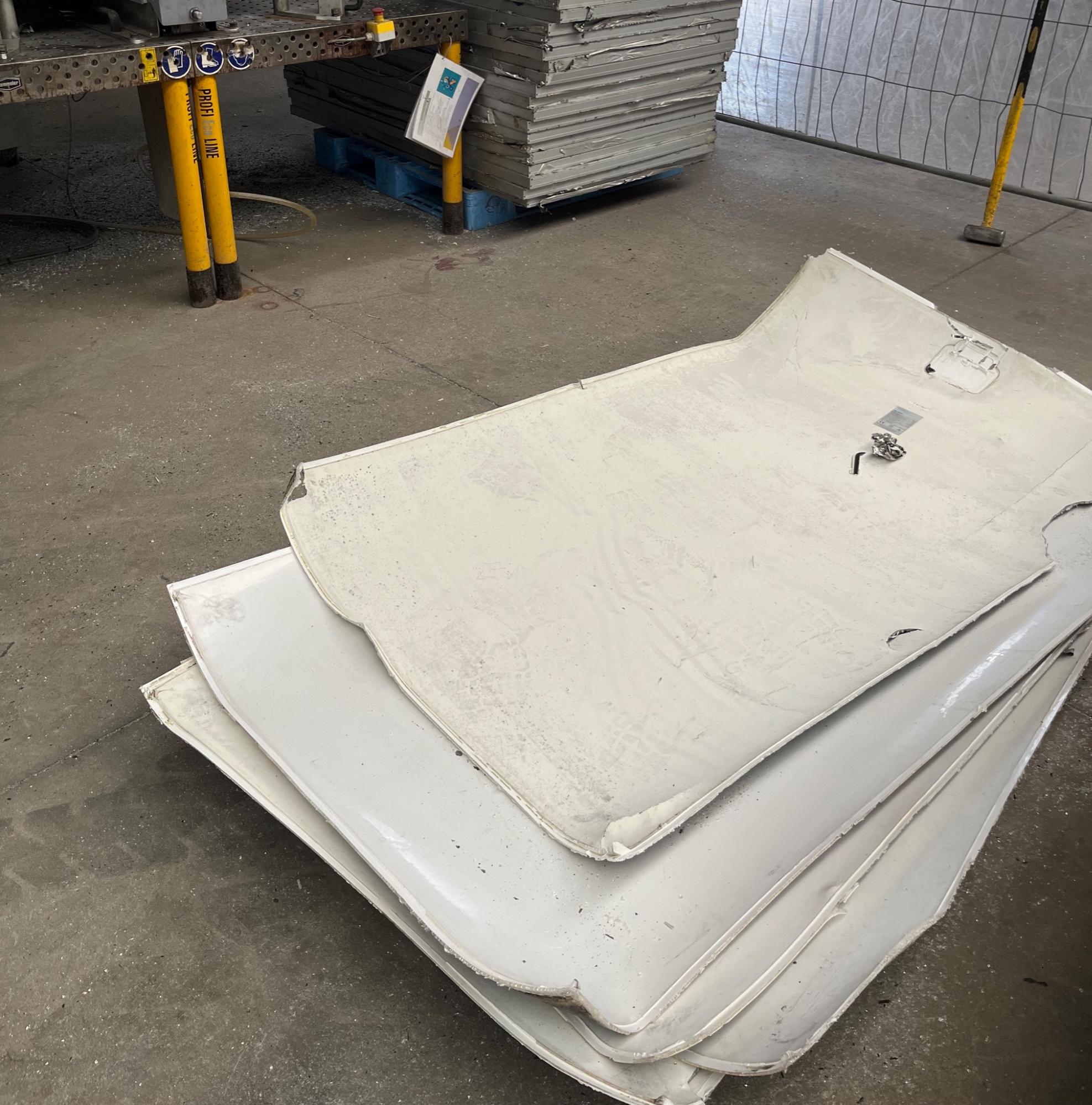
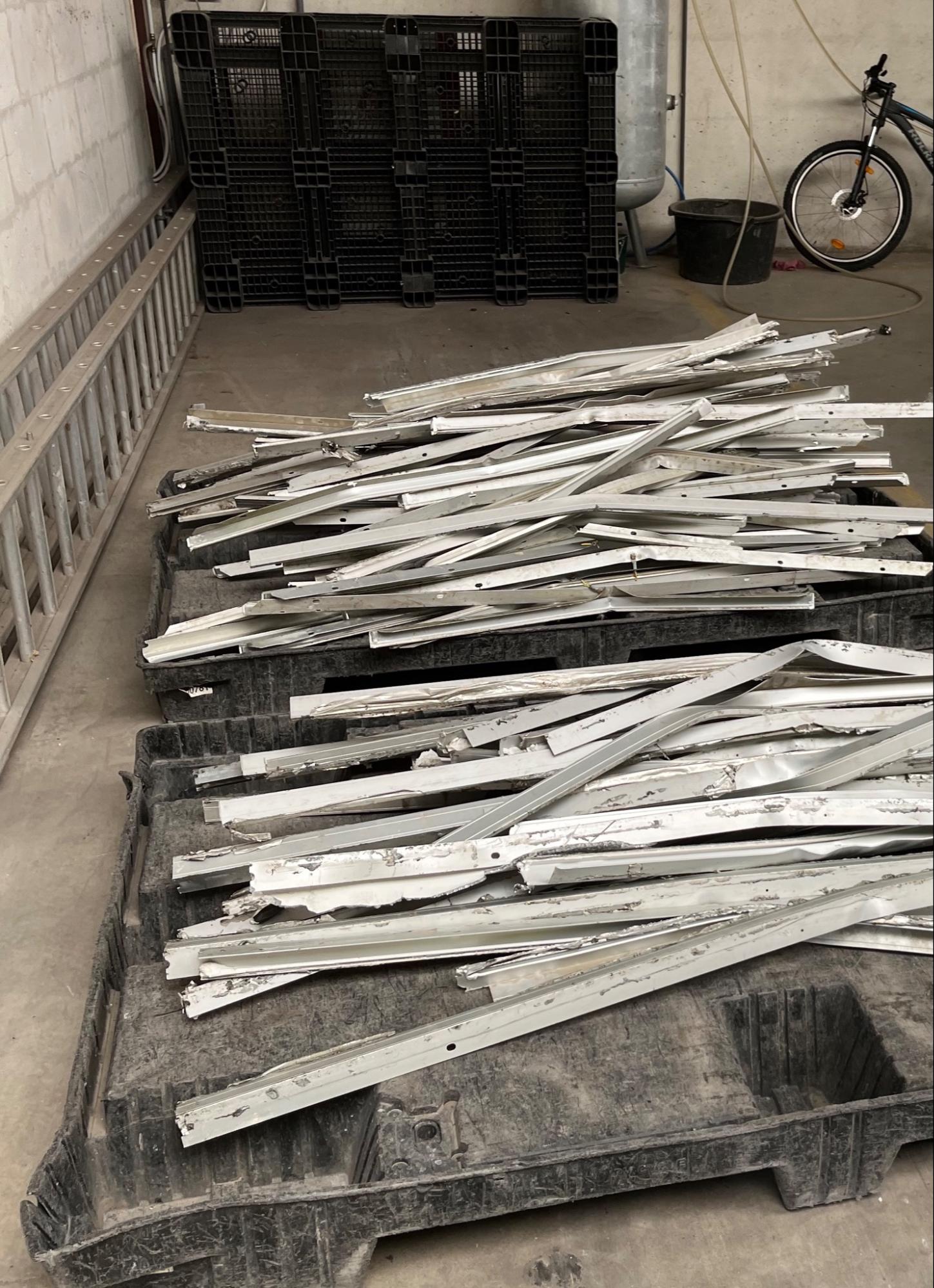
Personnel at the secondary processing plant, Comet Traitement, collect the separated materials and sort them into appropriate piles or sections within the facility. Glass is ground into particles and then sold to construction companies as sand, aluminum is melted and remolded, and back sheets are shredded to a microscopic size. Shredding the back sheets allows the plastic to separate from the silicon using techniques such as spiral and gravity sorting and passage through water tables.
Currently, SolarCycle project leaders report that the demand for local solar recycling in the Belgian region is not yet strong enough to finance larger PV-exclusive dismantling factories. Most of SolarCycle’s delivery volume comes from neighboring nations for whom SolarCycle is the nearest or cheapest option to meet corporate responsibility regulations set by the EU. Policies supporting pre-existing recycling infrastructure and collection schemes have aided in the successful development of this initiative in Belgium.
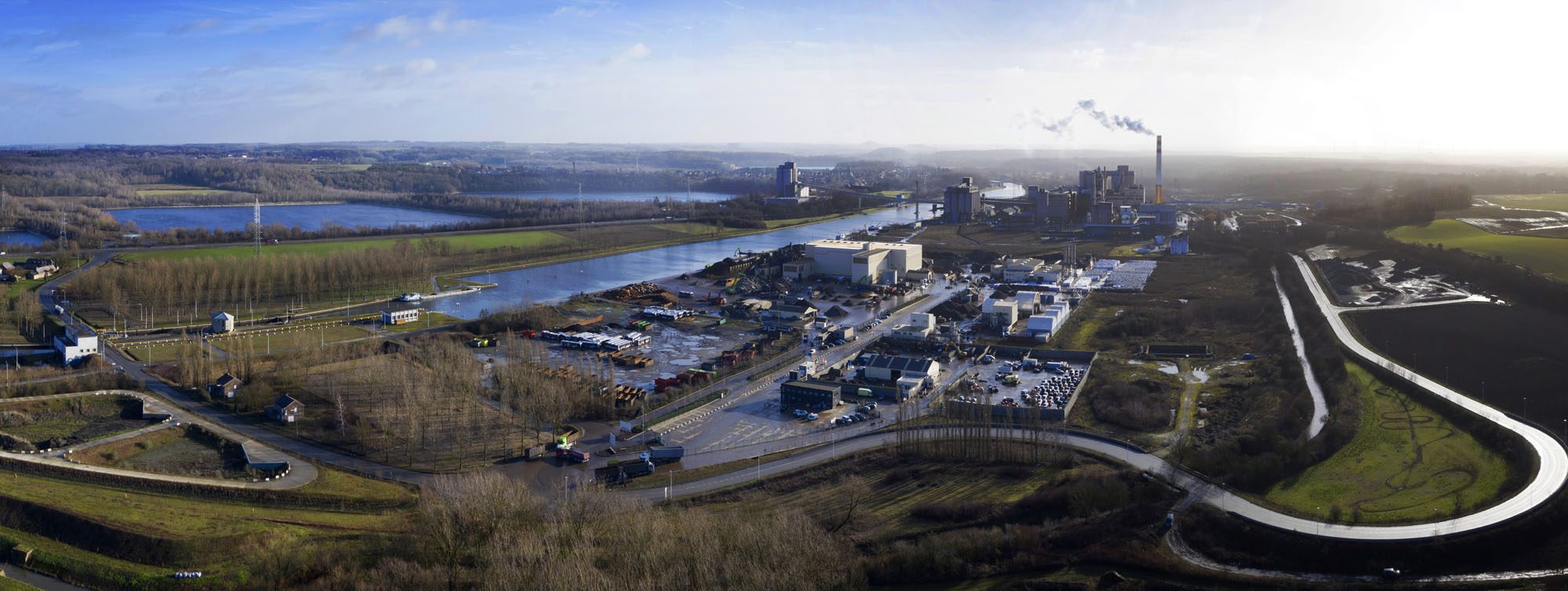
France
Soren is a French company that aims to uphold the preservation of local economies and the needs of its people and is considered a pioneer in the PV recycling world. Since the 1990s, Extended Producer Responsibility (EPR) has gained traction across European waste policies. The EPR model has become a baseline in France, particularly regarding e-waste. Soren has been supporting manufacturers in eco-design to help them conduct life-cycle analyses and improve the intrinsic recyclability of their products.
As a collector, Soren schedules pick-ups around the region based on volume. A pick-up order of over 40 used modules warrants on-site collection, and an order with fewer than 40 used modules requires delivery to a voluntary collection site. These services are free of charge to the consumer. The company emphasizes the importance of the quality and purity of the materials they work with, indicating deliberate care and attention throughout the logistical process. This strategy maintains the integrity of the second-life materials returned to the market and regulates the cost-controlled solution, which enables accessible recycling options to all communities.
Soren’s role in supporting solar distributors is fundamental to its vision, as the organization encourages solar module distributors to establish ‘voluntary contribution points’ through the Soren network. This strategy aligns with the company’s goal to rely on regional distribution systems wherever possible. In France, distributors are required by law to offer take-back options for their customers. The organization’s network facilitates them to fulfill their legal and financial waste management obligations. By working in the material recovery industry, there is an opportunity to take advantage of a growing demand for metals and other waste extracted from decommissioned solar modules.
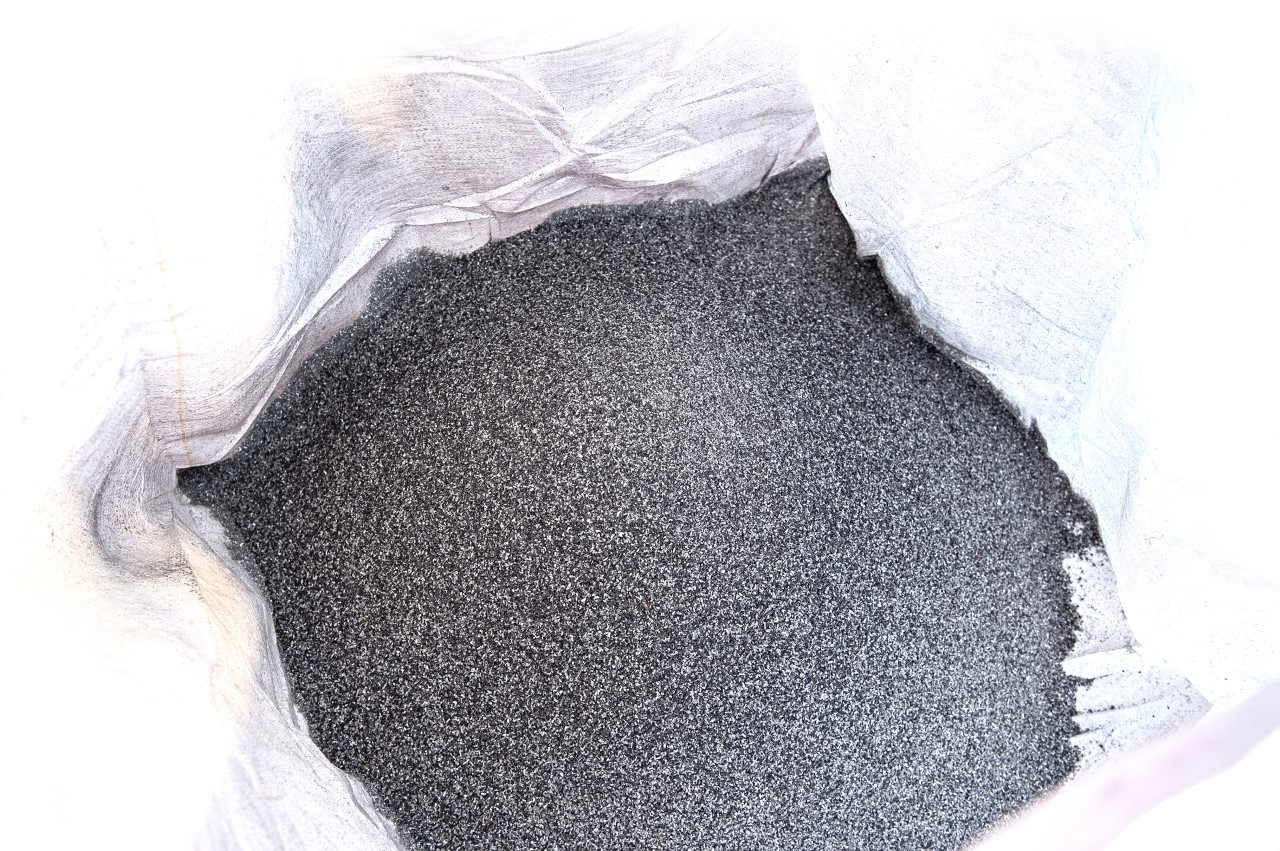
The Netherlands
Nestled in the coastal town of Almere, Netherlands, the UpCycleCentrum is a community-focused recycling center that collects waste from Almere residents and repurposes it in various ways. In the early 2000s, the center received municipality funds to redesign its structure and focus on household waste. The municipal government owns the UpCycleCentrum, and it sits on public land. Citizens pay a waste tax across all of the Netherlands; thus, the national attitude towards recycling is unique in that citizens feel a direct responsibility to consider the impacts of their waste.
A significant section of the center is dedicated to e-waste; this includes batteries, cables, kitchen appliances, and solar panels. The solar bin takes in an impressively consistent flow of modules primarily from property owners. At the UpcycleCentrum, all depolluted waste is first offered to citizens and then to local entrepreneurs to utilize in creative, functional ways. For example, artists have painted repurposed unusable modules as canvases for paintings and sculptures. WeCycle, a Netherlands-based WEEE recycler, collects the remaining solar modules leftover from the community's direct repurposing.
While the UpcycleCentrum cannot process the high levels of material that facilities such as Comet Traitement in Belgium do, the center is designed for an alternative purpose. It exists to provide a real-world example of circular economics for its taxpayers. For PV and all waste, extensive facilities such as Comet Traitement and community-centered facilities such as the UpCycleCentrum are crucial in further developing integrative, comprehensive recycling solutions.
Key Takeaways
Experts suggest that solar recycling policy requires substantial support in the United States to take advantage of its many environmental, social, and logistical benefits in the coming decades. American democracy consists of unique structures that enable local municipalities to consider the specific needs of their people. Residents of all states, particularly those with highly developed solar markets such as California, Massachusetts, Florida, and Pennsylvania, can encourage policymakers to fund research and development for solar recycling facilities and methods.
A key takeaway from these case studies is that countries with more mature solar recycling systems utilize infrastructures that were already in place. Comet Traitement in Belgium, for example, is a business that developed from a general need for recycling shredders and processing, not exclusively PV recycling demand. The EU WEEE directive identifies specific networks and methods of waste management for all toxic and electronic waste varieties. To support the mass potential of PV recycling, experts say that we must first understand general circular economic systems and explore how to use our existing resources to create a foundation for recycling infrastructure in general.
However, the United States has made progress in recent years in pushing the development of solar recycling infrastructure and policies. As part one of this two-part recycling series outlined, there are several organizations leading efforts to recover materials from PV waste. We Recycle Solar is a US-based solar recycling project currently leading this initiative.
As a trusted resource in the solar industry, Greentech Renewables is dedicated to updating our audience with informative industry updates. If you would like to learn more about the future of solar, policy updates, product innovations, and more, sign up for the Greentech Renewables newsletter today.
You can learn more about solar recycling initiatives in the United States in our recent webinar, Fostering Collaboration in Solar Recycling.
Comments
Excellent deep dive into the solar recycling landscape! Your research is timely and crucial, given the increasing need for a national solution in the US. I particularly appreciated the case studies offering actionable insights for American policymakers and businesses. It's hard to ignore that we've got some serious catching up to do.
I'm happy to share that our startup, Electra (goelectra.io), aims to address some of the gaps you've highlighted, particularly in creating a national network for solar panel recycling. Our goal is to simplify the complexities around handling, transporting, and recycling PV modules, enabling more manufacturers to meet potential future regulations easily.
Your point about leveraging existing infrastructure to accelerate solar recycling solutions is spot on. At Electra, we're working to integrate seamlessly with existing systems, including collectors like Greentech Renewables and local landfills and recyclers like US-based SolarCycle, FabTech, and WeRecycleSolar! Given the scale of the problem you've outlined, the more collaborations, the better.
Looking forward to part three, if there is one. Keep up the great work!
Hi there Heather,
Thank you for your comment. Please be sure to stay tuned on our national newsletter for more solar industry news!